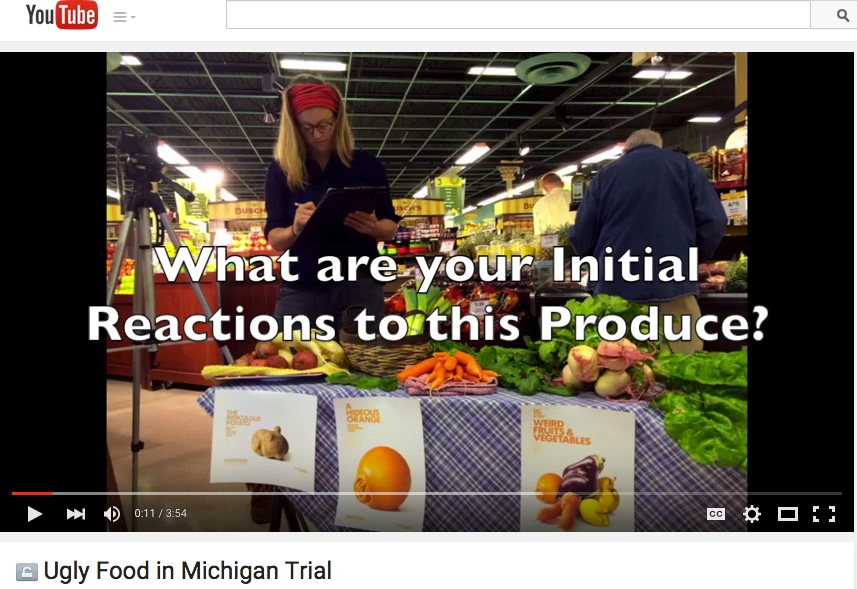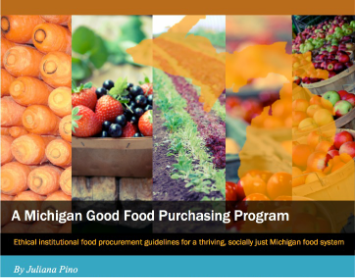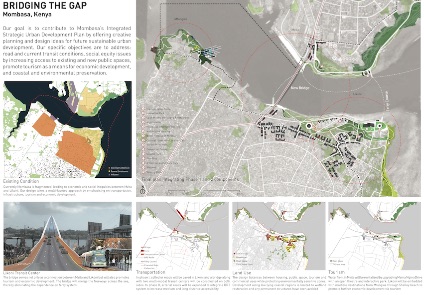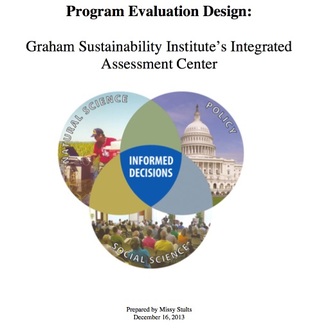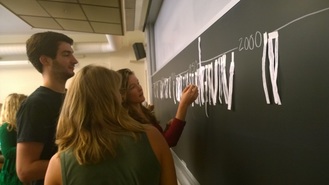
Regardless of the course, I teach through an interdisciplinary and comparative lens, drawing heavily from my scholarship on food systems, international planning and evaluation. I apply adult education theories that encourage a move away from traditional lectures through active learning strategies to support multiple learning styles. In each of my courses, students first learn about the history and theories behind the course topic and analyze seminal readings through student-led discussions, structured debates or conversation with peers, groups, and the wider class. I then try to incorporate experience through local partnerships that offer real-world problem solving projects (e.g., Michigan Association of Planners, Washtenaw Food Policy Council); practice-based case studies; hypothetical proposals students develop to address current planning problems; “practitioner profile” interviews students complete with planners and food system activists; or videos, speakers and field trips that bring issues to life.
|
